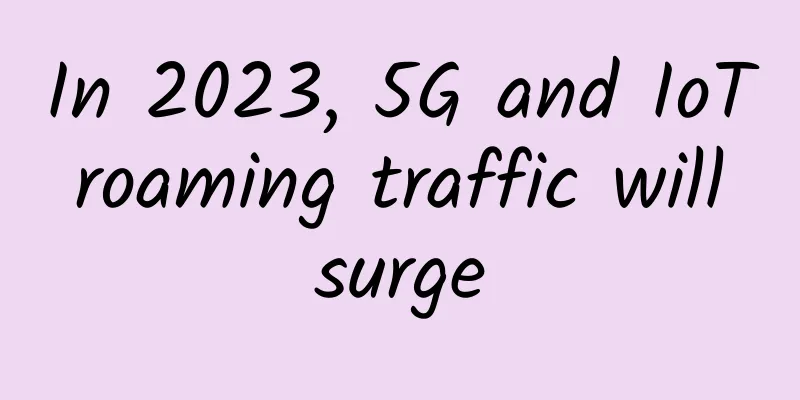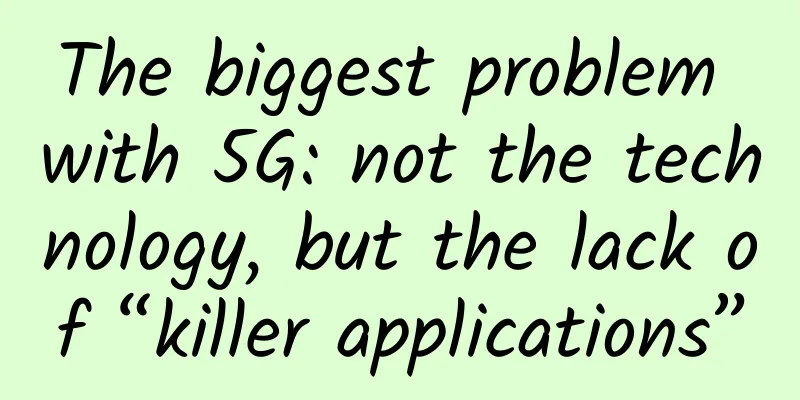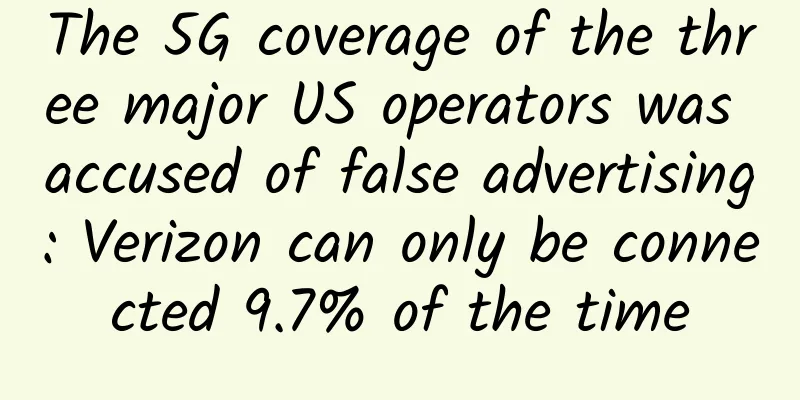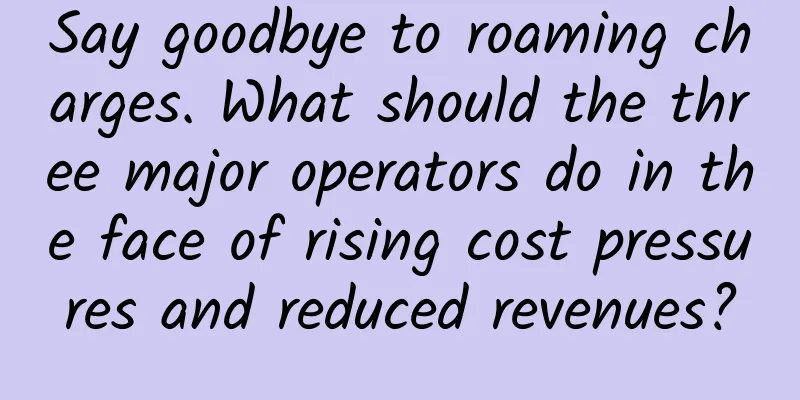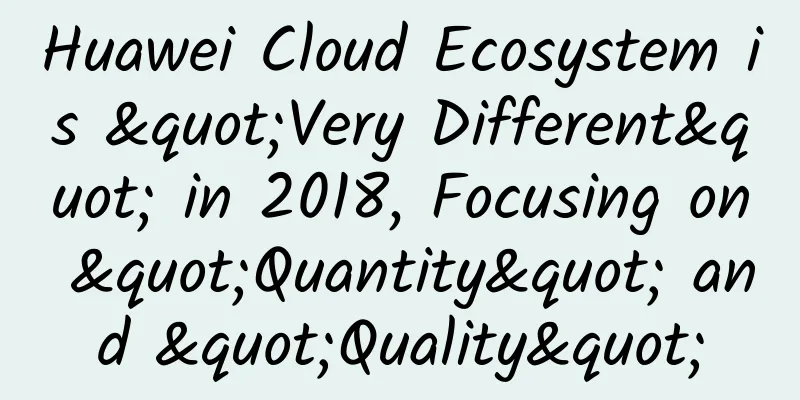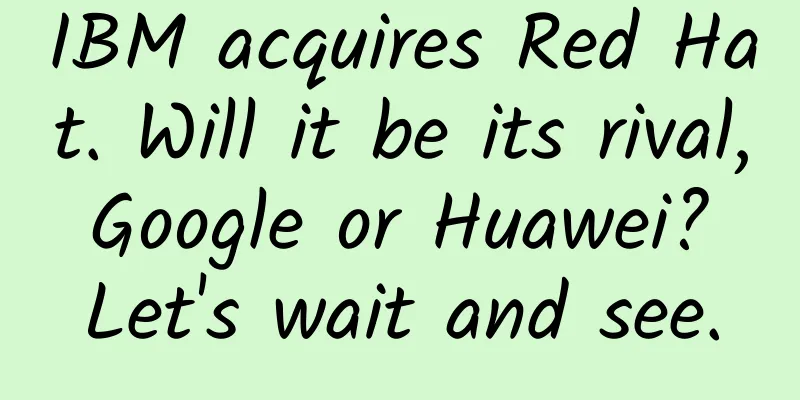Europe lags behind in 5G rollout, study shows

|
According to an assessment report released by the European Industry Roundtable (ERT), Europe is "clearly lagging behind" in the launch of commercial 5G, with less than half of EU member states currently operating services.
The document states that despite having two of the world's leading mobile infrastructure companies and being actively involved in the global rollout of the technology, Europe still lags far behind other world regions. The document also states that the impact is multifaceted, affecting citizens' access to faster connectivity, virtual and augmented reality services, and industrial competitiveness in areas such as artificial intelligence, B2B data sharing, cybersecurity and the Internet of Things. |
<<: How 5G will improve hyper-connectivity in smart cities
Recommend
A Five-Star End-User Experience Requires Unified Digital Experience Management
Introduction To deliver a five-star digital exper...
Goodbye, endless pop-up ads
In recent years, with the rapid development of mo...
Everything you need to know about Wi-Fi 7
Over the past few decades, Wi-Fi has become the w...
F5 redefines ADC in the AI era
F5 recently explained how the application deliver...
Shanxi Yangquan Big Data and Intelligent Internet of Things Industry Development Conference was grandly held in "China Cloud Valley - Yangquan"
[October 13, Yangquan, Shanxi] On October 13, the...
Which is faster, 5G or Wi-Fi 6? A hardcore comparison tells you
[[388609]] My wife, who has always been worried a...
The Ministry of Industry and Information Technology unexpectedly disclosed the domestic 5G scheduled frequency band: starting from 3300MHz
Huawei's Kirin 970 chip pioneered the 1.2Gbps...
The era of "small profits but quick turnover" for mobile data traffic is over
For four consecutive years, the government work r...
DMIT.IO Christmas recharge/renewal rebate, high-defense CN2 GIA line VPS 20% off
DMIT.io has launched a Christmas promotion, inclu...
The China-South Korea match at the 40,000-person He Long Sports Center revealed the secrets behind the "Wireless Bee Madness"
On March 23, the Chinese national football team w...
Is the neighbor Wang using the internet for free? This is how you should punish him on the spot
Have you ever found yourself always experiencing ...
[11.11] TmhHost 30% off, Los Angeles CN2/Japan Softbank/Hong Kong CN2 monthly payment starts from 21 yuan
TmhHost has launched this year's Double 11 pr...
Inventory: Major network communication events in the first half of 2020
In the blink of an eye, half of 2020 has passed. ...
HostYun: Hong Kong high bandwidth VPS monthly payment starts from 18 yuan, single core/1G memory/10G SSD/50M port
Let me share some information about HostYun's...
Tencent Cloud Tiger Year Rewards: 2C2G4M cloud server for 5 years for only 330 yuan, Shanghai/Guangzhou/Beijing/Nanjing/Chengdu data centers available
In addition to the New Year purchasing activities...


